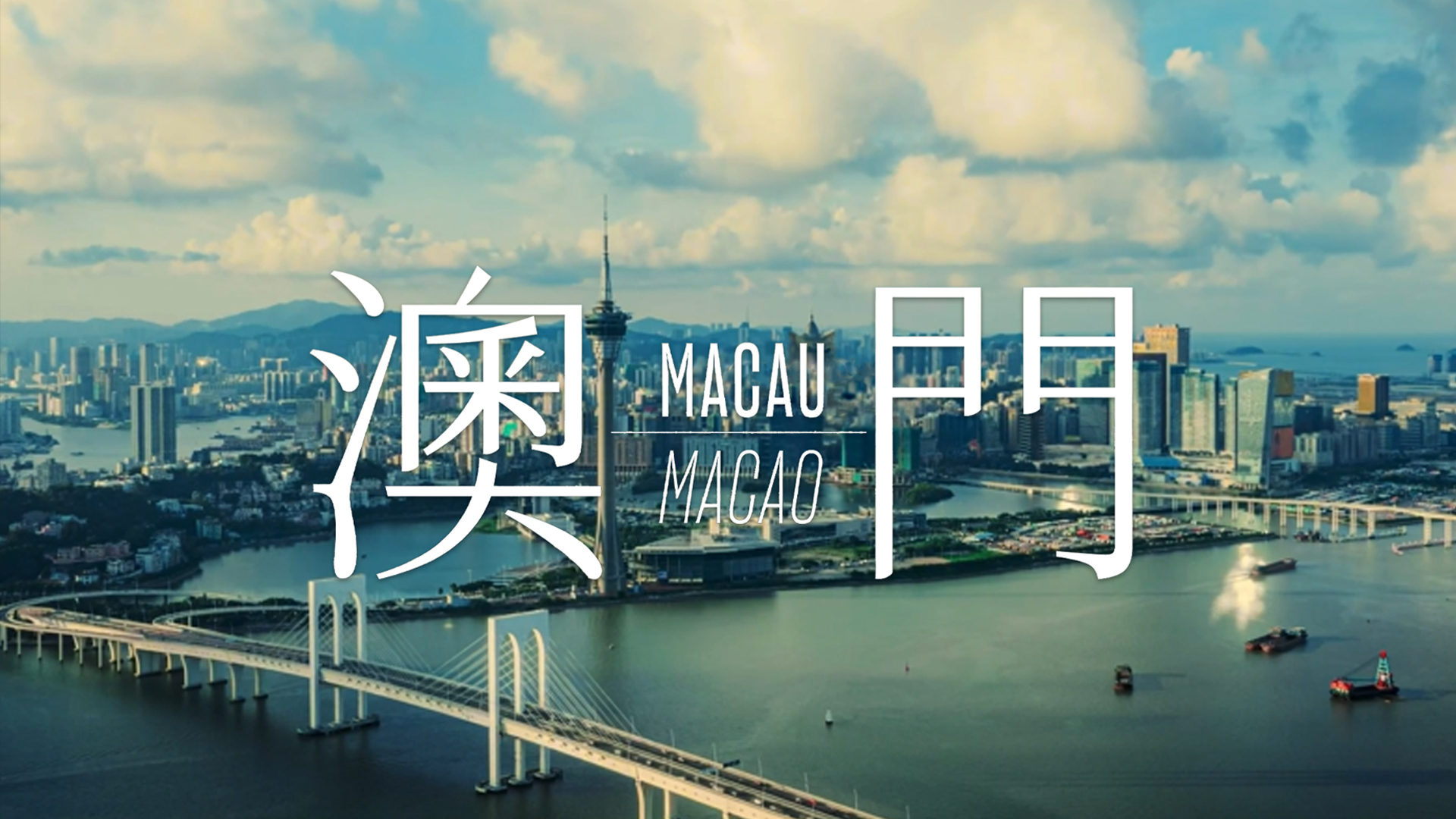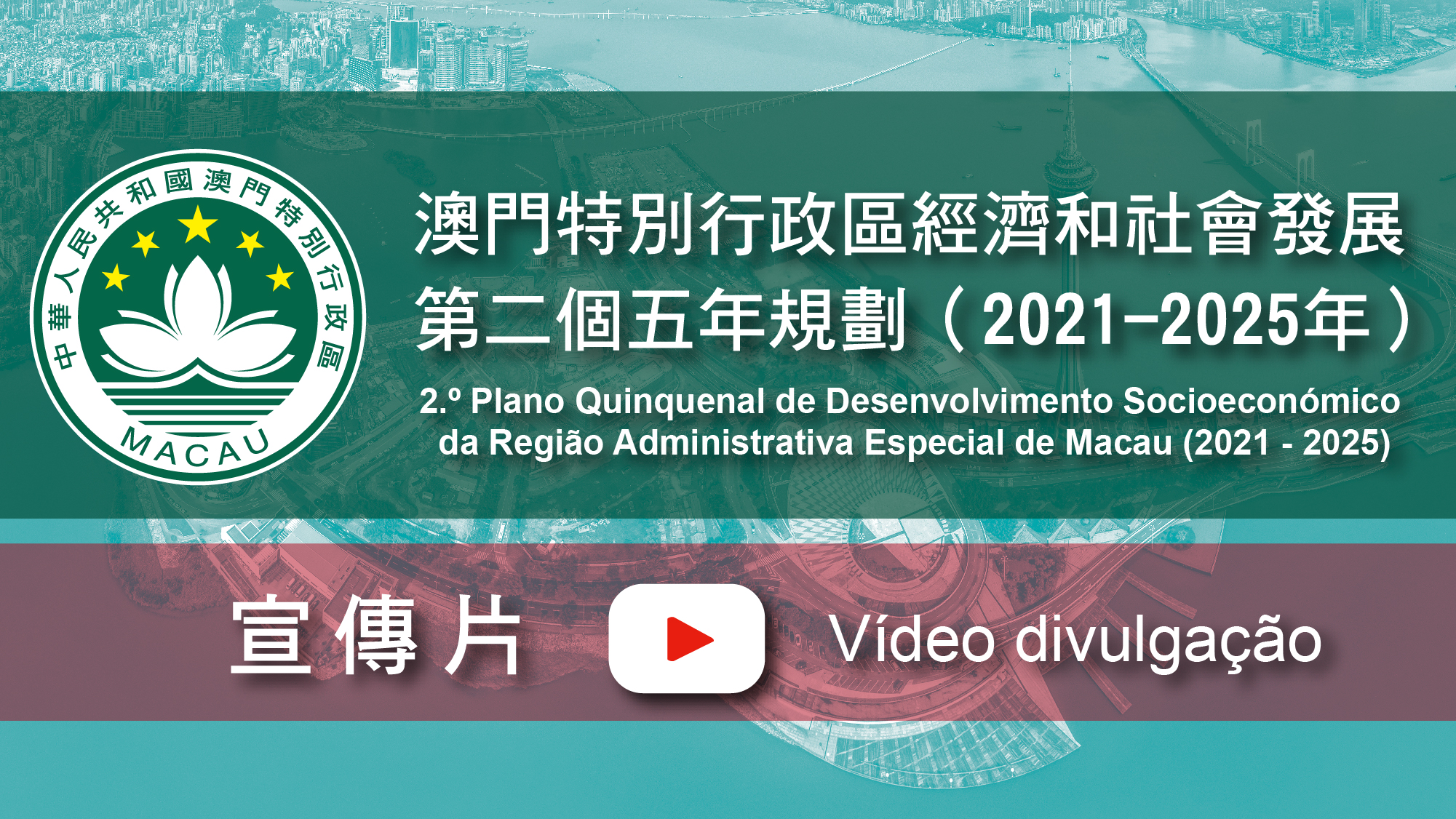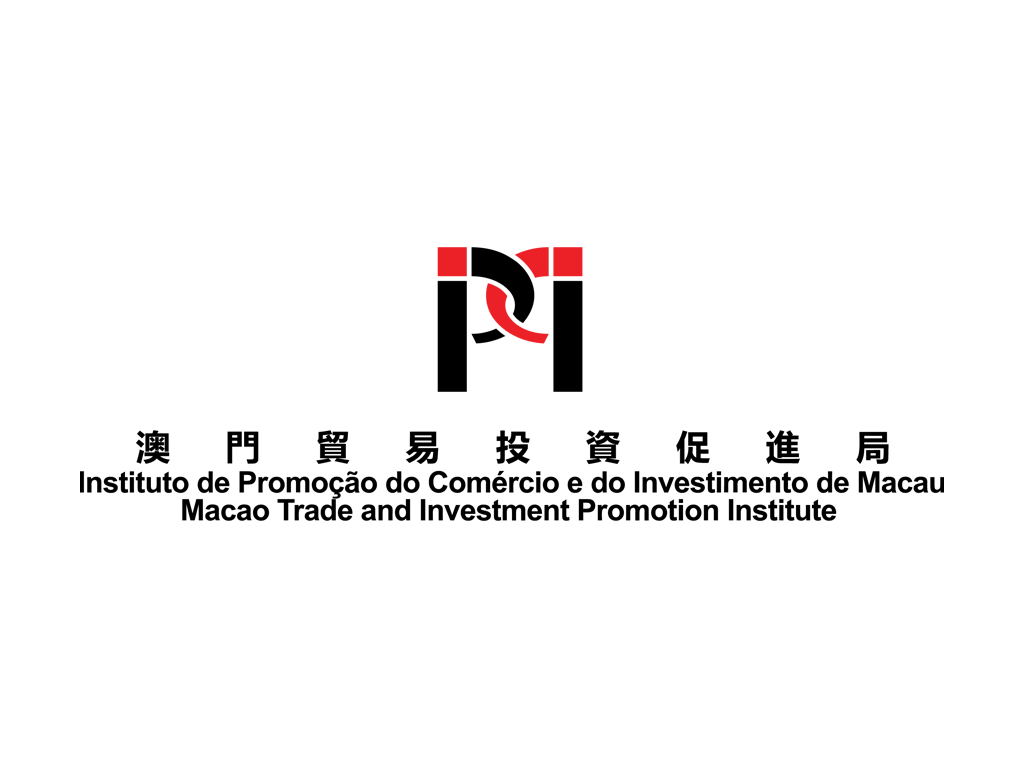Search Issues

Important Economic Co-operation Forum between China and Portuguese-speaking World to be Held in Macao in October
The first Economic Co-operation Forum between China and Portuguese-speaking Countries is scheduled to take place in Macao in October 2003. The ministerial-level meeting, the first of its kind, will be organised by the Chinese Ministry of Commerce, the Macao Special Administrative Region Government being the event co-ordinator. The forum’s principal objective is to promote and strengthen trade and economic co-operation among Macao, mainland China and the Portuguese-speaking world.
The forum, which is planned to be held every three years, is an initiative of the Central Government in Beijing. The Macao Government has set up a special office to co-ordinate the organisation of the event. The office is headed by Rita Santos, an experienced civil servant of Macao’s public administration. The Macao Trade and Investment Promotion Institute (IPIM) will provide both the forum and its co-ordination office with financial and managerial support.
At the first meeting of the forum’s organising committee , which was held in Beijing in March 2003, Secretary for Economy and Finance, Mr. Francis Tam Pak Yuen, headed Macao’s delegation. The committee proposed that Portugal, Brazil, Mozambique, Cape Verde, Angola, Guinea-Bissau and the world’s newest nation, East Timor, be invited to the event. Apart from government delegations, invitations will also be sent to international trade organisations, and multi-national companies, as well as national and bilateral chambers of commerce. Mr. Tam stressed the forum would not only promote economic and commercial ties between China and the Portuguese-speaking world but also raise Macau’s status as an international business-support centre.
Observers expect the forum to produce concrete results in the area of trade, investment and other types of business and economic ties among the participating countries and their respective business communities. The forum will certainly also further enhance Macau’s role as a business-service platform between China, namely the western part of Guangdong Province, and the Portuguese-speaking world.
Macao has traditionally maintained close ties with the Portuguese-speaking world
The Portuguese-speaking world comprises some 220 million inhabitants in eight countries on four continents. These countries are still widely untapped markets that all have great potential for development. Macao has traditionally maintained close ties with Portugal and other Portuguese-speaking countries. Many civil servants and some businessmen in Macao are fluent in Portuguese.
The Portuguese-Chinese Chamber, which was established in Lisbon in the mid-1980s, is headed by Mr. Murteira Nabo, who chairs Portugal Telecom. Mr. Nabo is a former acting governor and under-secretary for economic affairs of pre-handover Macao. He is widely respected for his deep knowledge of China in particular and Asia in general. In June 2003, the Chamber comprised some 280 corporate members in Portugal and some 36 associate members in Macao.
Felipe Santos, president of the Macao Delegation of the Portuguese-Chinese Chamber of Commerce, describes the Forum as a “very important event”
Mr. Felipe Santos, who chairs the Delegation of the Portuguese-Chinese Chamber of Commerce in Macao, pointed out that the first Economic Forum between China and Portuguese-speaking Countries in Macau in October 2003 is a “very important event” to promote economic and commercial ties between the two sides.
Mr. Santos, who has worked in Macau for two decades, is the Asia-Pacific Regional Director of Portugal Telecom Asia and Director of Strategy and Business Development of CTM. He is also a member of the Macau SAR Government’s Economic Council and Science and Technology Council.
According to Mr. Santos, the Forum should include private business meetings involving four to five specific business sectors every three years, such as information technology and textiles. He underlined the fact that the Chinese-Portuguese Chamber of Commerce will promote the Forum in Portugal through its newsletter, Info China, as well as mailing campaigns and updated information on its website.
“We propose the creation of a Federation of Chambers of Commerce and similar associations of Portuguese-speaking Countries in China,” Mr. Santos said, adding the Forum should also assist the public and private sectors in establishing co-operative ties, such as by arranging working meetings between private businessmen from the Portuguese-speaking countries and Chinese officials.
Mr. Santos stressed the Forum could also help setting up a professional information system on business market conditions and certain business sectors’ strategies in China and the Portuguese-speaking countries.
Mr Felipe Santos proposes creation of a special fund to promote investments among Forum’s members
“We also recommend the creation of an investment fund,” Mr Santos said on behalf of the Chinese-Portuguese Chamber of Commerce, stressing the fund would be earmarked to “support our poorest members from Africa and East Timor, in order to promote their trade relations.”
Mr. Santos also proposed the establishment of business-oriented organisations in Shanghai, Beijing and Guangdong to help countries from the Portuguese-speaking markets find business partners and trade and investment opportunities in China. “The organisations could lobby for Portuguese-speaking companies in China and prepare market and feasibility studies, as well as arrange financing projects,” Mr. Santos said, adding that the establishment of an adequate legal infrastructure was also an important factor in the promotion of economic and commercial relations between China and the Portuguese-speaking countries.
According to Mr. Santos, the Forum should also assist in the preparation of “strategic business alliances” between Chinese and Portuguese-speaking companies. He said the Forum’s first meeting should focus on certain business sectors, such as telecommunications, information technology, energy, forestry products, environmental engineering, and foodstuffs.
“We should concentrate first on just a few provinces and cities in China, such as Guangdong, Beijing and Shanghai, because the whole of China is just too big for Portuguese companies,” Mr. Santos said, stressing that the setting-up of working groups was vital to ensure the Forum’s proper “follow-up” action.






















